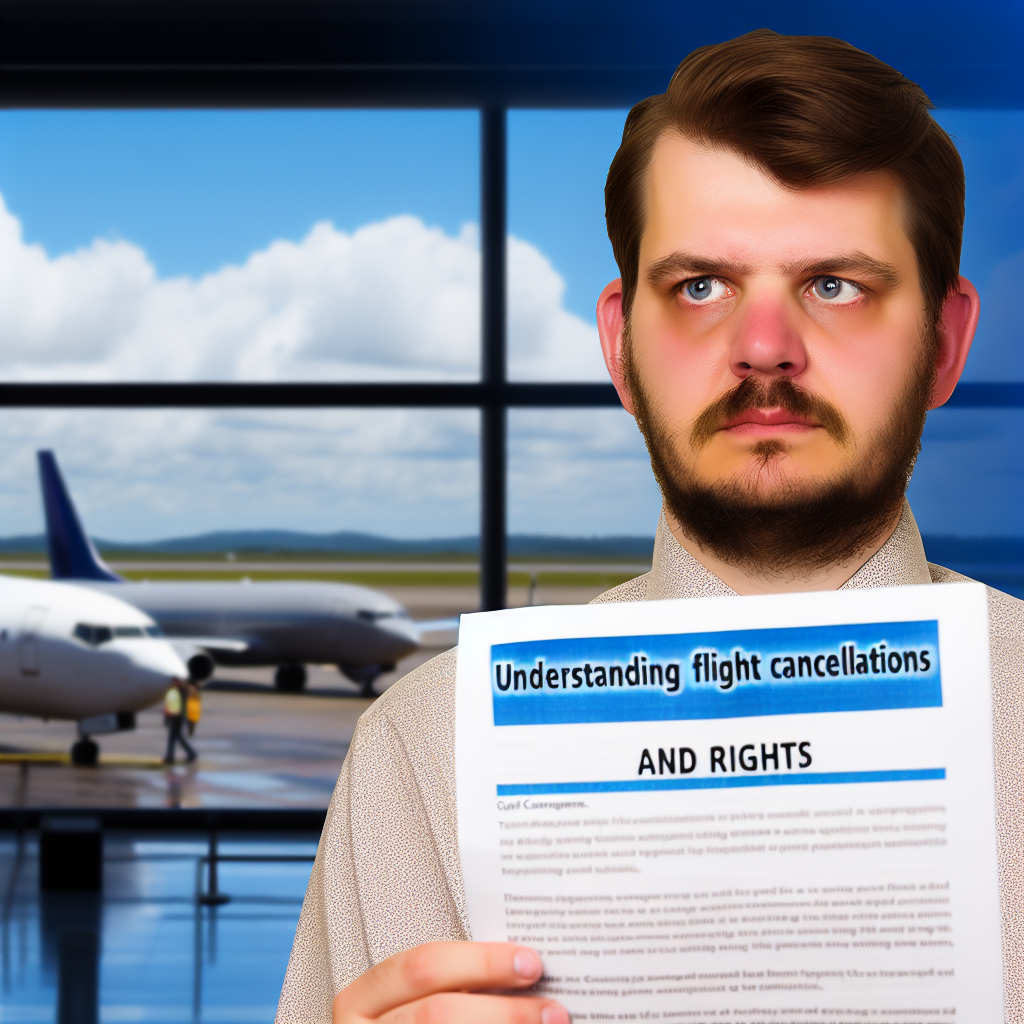
In recent years, American Airlines has faced numerous flight cancellations, disrupting travel plans for thousands of passengers. This article delves into the primary reasons behind these cancellations, their impacts on travelers, and what rights passengers have in such situations. By understanding these factors, you can better prepare for potential disruptions and know how to respond effectively when flights are canceled.
Common Causes of American Airlines Flight Cancellations
American Airlines, one of the largest carriers in the world, experiences flight cancellations due to a variety of interconnected factors. Weather-related issues are a leading cause, often beyond the airline’s control. For instance, severe storms, hurricanes, or blizzards can lead to widespread disruptions, as seen in the winter storm cancellations of early 2023, where hundreds of flights were grounded for safety reasons. These events not only affect departures but also create ripple effects, delaying aircraft arrivals and crew scheduling.
Maintenance problems and technical glitches also play significant roles. American Airlines operates a vast fleet, and unexpected mechanical issues can ground planes to ensure passenger safety. A notable example is the 2021 mass cancellations attributed to staffing shortages post-COVID, compounded by IT system failures that hampered crew assignments. In July 2024, a global IT outage linked to a CrowdStrike software update caused thousands of American Airlines flights to be canceled worldwide, highlighting vulnerabilities in airline technology infrastructure. Additionally, air traffic congestion and late aircraft arrivals from previous flights exacerbate the issue, creating a domino effect across the network.
Staffing challenges, including pilot and crew shortages, have been persistent, especially after pandemic-related layoffs. Federal regulations limit crew working hours to prevent fatigue, so shortages can force cancellations. American Airlines has invested in hiring and training, but sudden spikes in demand or illnesses can still lead to disruptions.
Impact on Passengers and How to Navigate Cancellations
The repercussions of flight cancellations extend far beyond inconvenience, affecting passengers financially and emotionally. Business travelers might miss critical meetings, while vacationers could face ruined plans and additional costs for hotels or alternative transportation. In the 2024 IT outage, passengers reported being stranded at airports for days, with limited support, leading to frustration and even air rage incidents.
Under U.S. Department of Transportation rules, airlines like American must rebook passengers on the next available flight or provide refunds if requested. However, compensation isn’t guaranteed for delays or cancellations due to weather, but if caused by airline-controllable issues like maintenance or staffing, passengers may receive meal vouchers, hotel stays, or reimbursements. For international flights or specific scenarios, additional protections apply, such as EU Regulation 261 for flights to or from Europe, offering up to €600 in compensation.
To navigate these situations, passengers should act quickly: use the American Airlines app for real-time updates, contact customer service immediately for rebooking, and consider travel insurance that covers cancellations. Keeping essentials like medications and chargers in carry-on luggage can mitigate immediate hardships. Moreover, joining the airline’s loyalty program can provide priority assistance during disruptions.
- Monitor flight status via apps or websites before heading to the airport.
- Know your rights: Request refunds or rebookings promptly.
- Document all expenses for potential reimbursement claims.
In summary, American Airlines flight cancellations stem from weather, maintenance, staffing, and technical issues, often leading to significant passenger disruptions. While the airline strives to minimize these through investments in technology and personnel, external factors can still prevail. Travelers are advised to stay informed, purchase insurance, and understand their rights to handle such events smoothly, ensuring a more resilient travel experience.